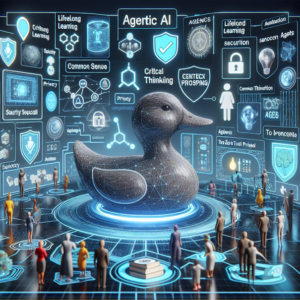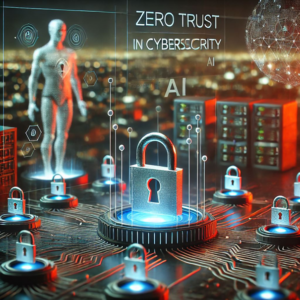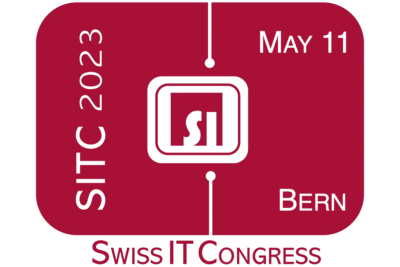Digital sovereignty is increasingly recognized as a success factor in the cyber-dominated age. The pandemic makes us very aware of the opportunities and, at the same time, the extreme dependence on IT technologies. As a spokesperson for the GI Economic Advisory Board, I hold discussions with IT experts from business, politics and academia on what constitutes digital sovereignty and where action is needed. In the discussions of the GI Business Advisory Board, there is agreement that digital sovereignty affects a variety of different technology fields. It starts with hardware with chips and computers, network components (such as 5G) and goes through operating systems to applications in the cloud, search engines, artificial intelligence, tools for communication, and platforms for commerce and information. Encryption occupies a special place. In addition, political regulations such as GDPR help decide who is sovereign in the cyber age. Currently, in the U.S., we also see frighteningly clearly the power of social media and the impact on democracy and the sovereignty of a state.
Fig. Anja Schaar-Goldapp
Even before the outbreak of the pandemic and the shift of all activities to the Internet just under a year ago, I was able to welcome leading German digital politicians and experts from business and research to an expert discussion in Berlin. There, we discussed the topic of “How can digital sovereignty be maintained within global ecosystems without losing connectivity?” and “How can Europe as a business location better find its own way against the backdrop of strong competition from Asia and the U.S.?” in the GI Business Advisory Board.
Interestingly, our conversations anticipated the findings of the pandemic. The conclusion of the talks and the lessons learned from the pandemic are:
It is important to make digitization more self-directed in Europe in order to reduce the risks of dependency and to generate value creation ourselves. The information technology catch-up potential of Europeans is huge. Massive investments in individual strategically important topics are therefore crucial for sustainable value creation. The cloud is the biggest game changer and, if used wisely, offers a lot of potential for regaining sovereignty. In the long term, digital education has the greatest significance for a competitive economy and a stable democracy.
Other important aspects of my discussions on Digital Sovereignty can be found here:
https://www.schaar-goldapp-consulting.de/veranstaltungen
_____
About Anja Schaar-Goldapp
Anja Schaar-Goldapp is “Sprecherin des Wirtschftsbeirats der GI”, managing director of the company Schaar-Goldapp Consulting GmbH. The graduate computer scientist has previously built up and sold a group of internationally successful software companies as managing partner within 25 years, starting in 1989. In addition, Anja Schaar-Goldapp is active as a member of the supervisory board of IT companies. Since 2015, she has been a member of the “Digital Innovations” jury of the Federal Ministry for Economic Affairs and Energy in Berlin. She has been a member of the German Informatics Society, GI e.V., which is closely associated with SI, as a member of the presidium since 2008 and is spokesperson for the GI’s business advisory board.










